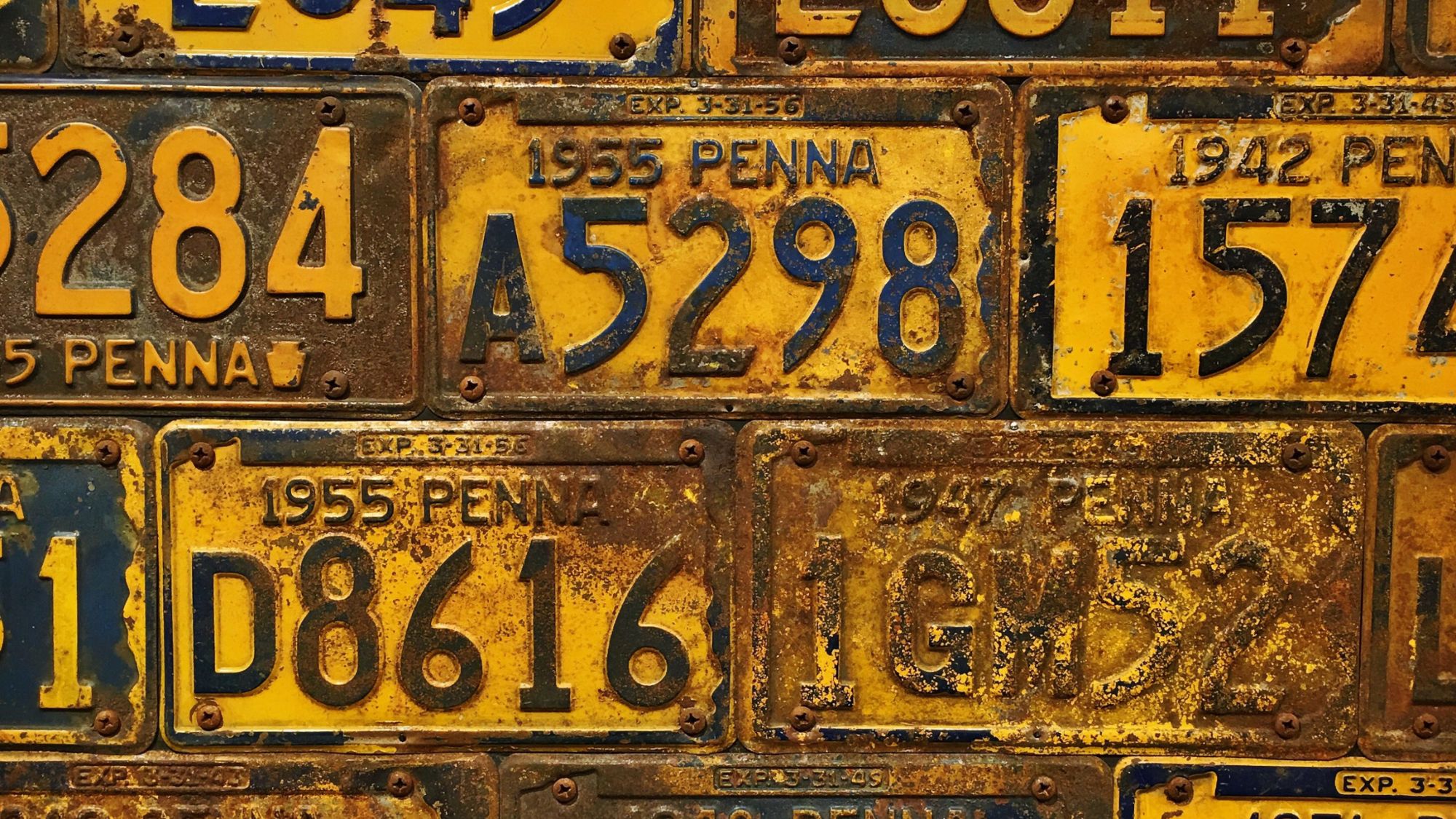Number plate cloning in the UK refers to the illegal act of duplicating a vehicle’s registration plate and affixing it to another vehicle. This criminal practice is taken seriously by law enforcement because it’s often used to facilitate unlawful activities.
To execute this crime, perpetrators typically select a vehicle that closely resembles the make and model of the cloned plate to minimise suspicion. They also favour vehicles with a clean record, free from any prior parking tickets or speeding fines, making them the prime targets for such fraudulent activities.
Additionally, the use of advanced 4D registration plates, which incorporate innovative design elements, can make it even more challenging for authorities to detect these counterfeit plates. It’s crucial to combat number plate cloning to maintain the integrity of vehicle identification and road safety in the UK. Number plate cloning is prevalent in the UK for several reasons
Anonymity:
The anonymity provided by cloned plates offers criminals a shield to engage in a range of illicit actions. These activities encompass not only minor offences like speeding and parking violations but also extend to more severe criminal acts.
By employing counterfeit plates, wrongdoers can operate without fear of being easily identified or apprehended. This cloak of anonymity emboldens them to go about their unlawful pursuits, making it imperative for authorities to intensify efforts in combating number plate cloning to maintain public safety and uphold the law.
Challenges in Law Enforcement:
Effectively addressing number plate cloning poses a significant challenge for law enforcement agencies. One key issue is the limited availability of resources and manpower, which hampers their ability to combat this practice comprehensively. With their attention divided among various law enforcement priorities.
Dedicating sufficient resources to tackle number plate cloning becomes a complex balancing act. Consequently, this limitation allows the persistence of this fraudulent activity, emphasising the need for increased funding and strategies to bolster enforcement efforts and maintain the integrity of vehicle identification and road safety.
Fraudulent Vehicle Transactions:
Cloned number plates serve a deceptive purpose beyond evading traffic violations. Criminals exploit them to facilitate fraudulent vehicle transactions, particularly in cases where a vehicle has been involved in accidents. Or reconstructed from parts of two wrecked vehicles, known as a “cut and shut.” By employing cloned plates, wrongdoers can purchase written-off vehicles at a fraction of their actual value. As the accident history is typically revealing in vehicle history checks.
Significantly reducing their market worth. However, by disguising the vehicle with cloned plates, they can present it as pristine, potentially inflating its value by thousands of pounds. This deceptive practice underscores the significance of combatting number plate cloning to safeguard both the financial interests and the safety of unsuspecting buyers.
Simplicity in Number Plate Replication:
The pervasive issue of car cloning stems from the relative ease with which criminals can replicate a number plate. This process often begins with a simple photograph of a genuine number plate. Which then serves as the blueprint for crafting a nearly indistinguishable duplicate. The disturbing element is that some wrongdoers go a step further by modifying or concealing other identifying vehicle details, further complicating detection efforts.
This straightforward process, coupled with the potential for further obfuscation, accentuates the gravity of the problem. Authorities and vehicle owners must remain vigilant in combating these deceptive practices to safeguard against the misuse of cloned plates and their associated risks. Embark on a journey to uncover the manufacturing process of 4D number plates. Stay connected for further exploration and revelations in the automobile world.
Financial Gain:
A compelling factor driving the prevalence of number plate cloning is the profit motive. Criminals engage in this illicit practice to dodge financial obligations such as road tax, parking fees, and congestion charges. Essentially saving them a significant amount of money. By using cloned plates, they exploit loopholes to evade these expenses. Posing a burden on the system and legitimate taxpayers.
Moreover, cloned plates play a dual role as tools for committing crimes. This additional layer of anonymity complicates the efforts of authorities in tracing and apprehending wrongdoers. The interplay of financial gain and the facilitation of criminal activities underscores the urgency of addressing number plate cloning comprehensively.
ANPR Cameras and the Surge in Car Cloning:
The proliferation of cloned cars can be attributed in part to the increasing deployment of Automatic Number Plate Recognition (ANPR) cameras. These sophisticated cameras are designed to read number plates and cross-reference them with databases to verify insurance and, if applicable, the MoT certificate.
While ANPR technology serves a crucial role in law enforcement. It has inadvertently fueled the rise in car cloning as wrongdoers seek ways to circumvent its checks. This creates a pressing need for enhancing ANPR systems. And anti-cloning measures to maintain the integrity of vehicle identification and road safety.
Making effort to address this issue through improving the security features on number plates and increasing enforcement, but it remains a challenge. Certainly, obtaining number plates from a reputable and trusted dealer is essential to ensure their authenticity and compliance with regulations.
As a DVLA-registered number plate supplier, TopReg offers a wide variety of number plates that you can confidently rely on. Trustworthy suppliers like TopReg provide peace of mind for customers seeking reliable and legally compliant plates for their vehicles.
